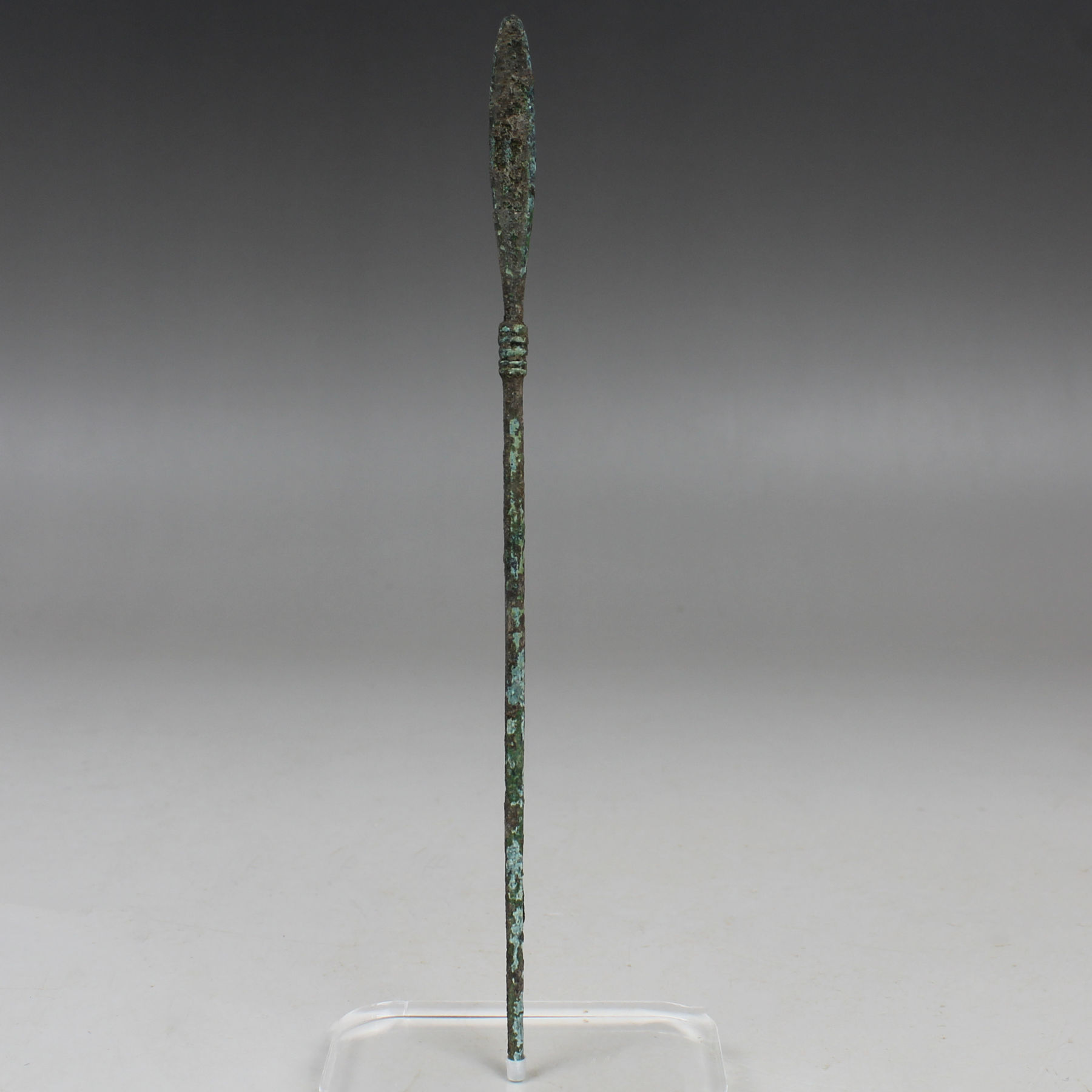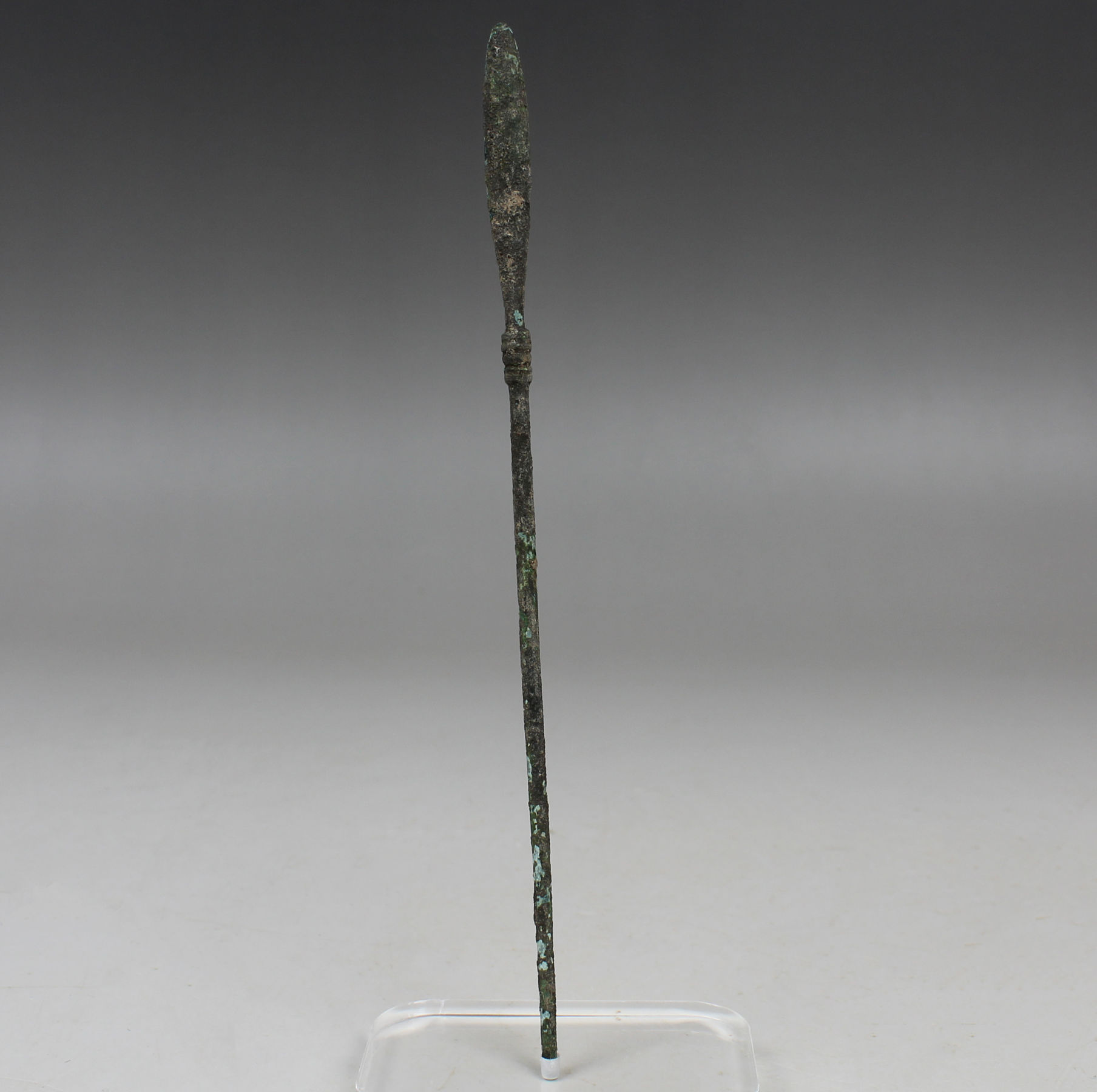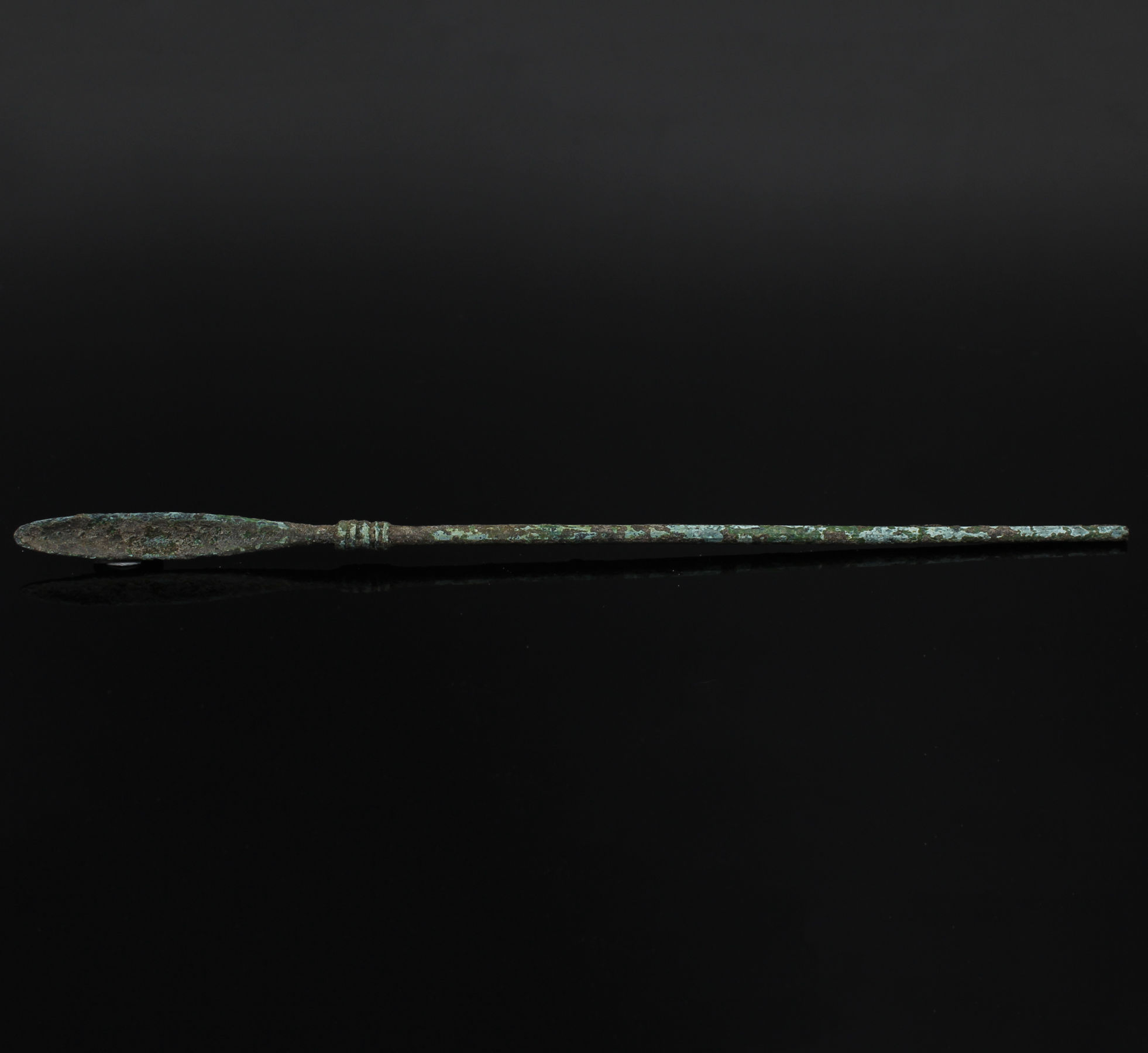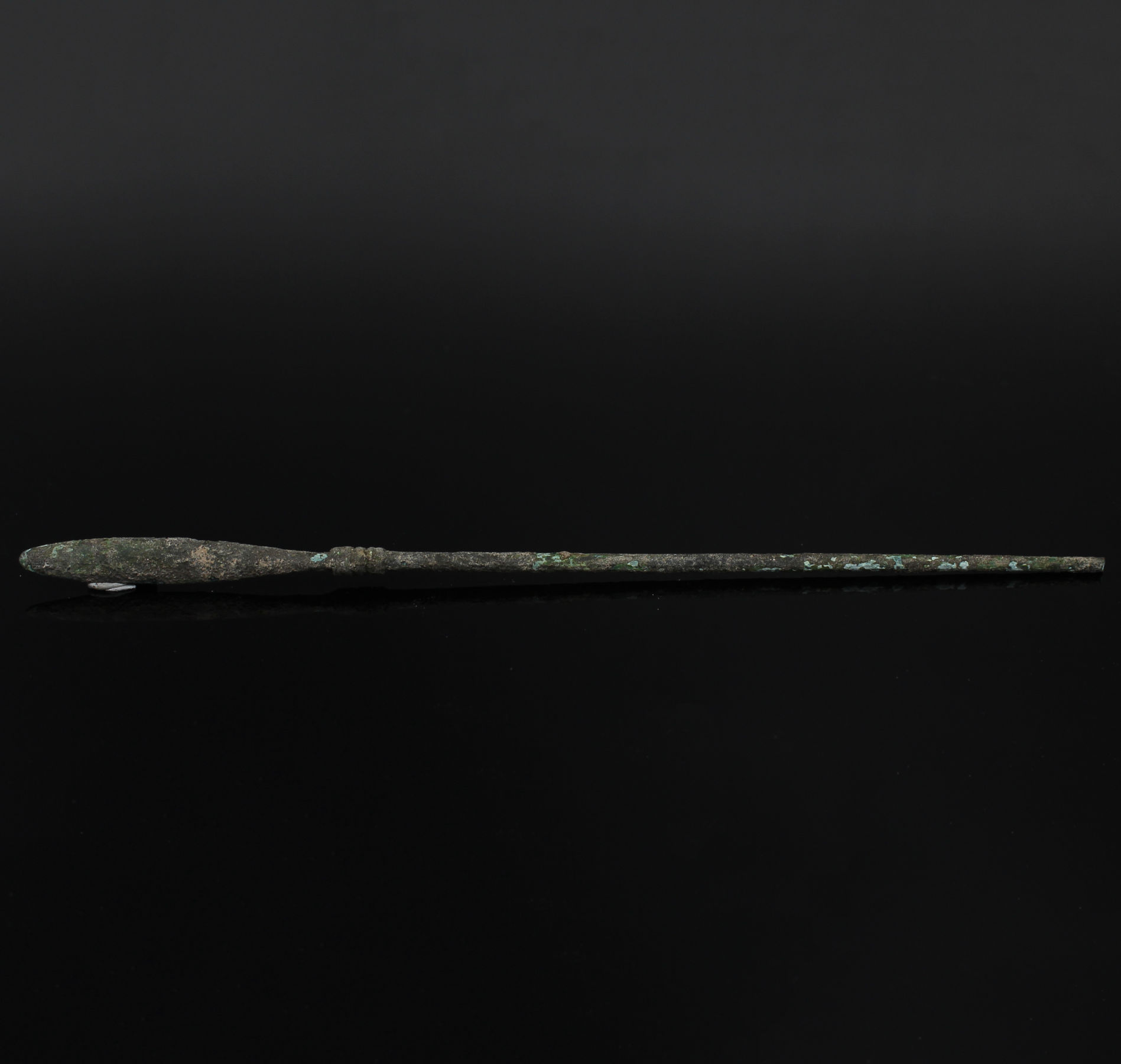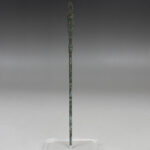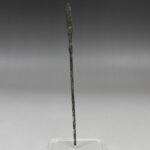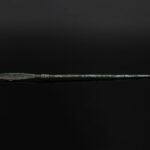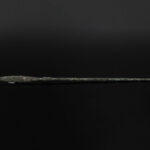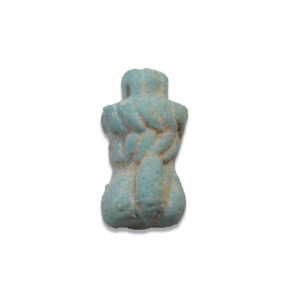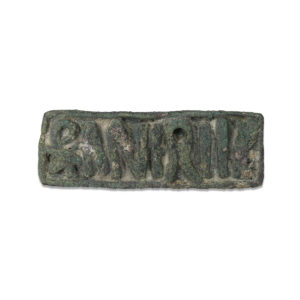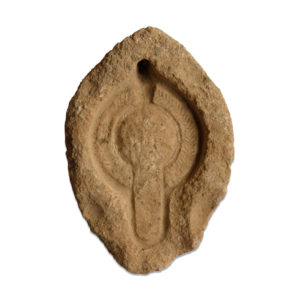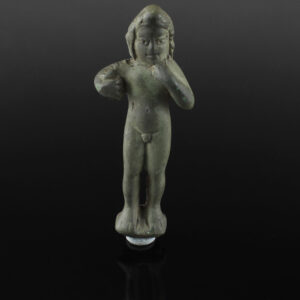Description
| ITEM | Medical instrument, probe |
| MATERIAL | Bronze |
| CULTURE | Roman |
| PERIOD | 1st – 3rd Century A.D |
| DIMENSIONS | 152 mm x 6 mm |
| CONDITION | Good condition |
| PROVENANCE | Ex Polish private collection, E., Ex Germany private collection acquired before 2003 |
Roman bronze medical instruments, meticulously fashioned with skill and care, epitomize the sophistication of ancient healthcare. These robust implements, encompassing scalpels, forceps, and probes, manifest the Romans’ dedication to surgical precision and patient well-being. These tools played pivotal roles in an array of medical procedures, from intricate surgeries to wound management, underscoring the Romans’ unwavering commitment to the practice and science of healing. In contemporary times, these relics remain enduring symbols of the enduring influence of Roman medicine and surgical prowess.
In ancient Rome, medical practitioners employed various tools, including probes, to examine and treat patients. The Roman medical probe was a versatile instrument used for exploring wounds, cavities, and other bodily openings. Typically crafted from materials such as bronze or iron, these probes featured a slender, elongated design with a pointed or rounded tip. Roman physicians utilized probes to assess the depth of wounds, investigate anatomical structures, and clean or manipulate tissues.


